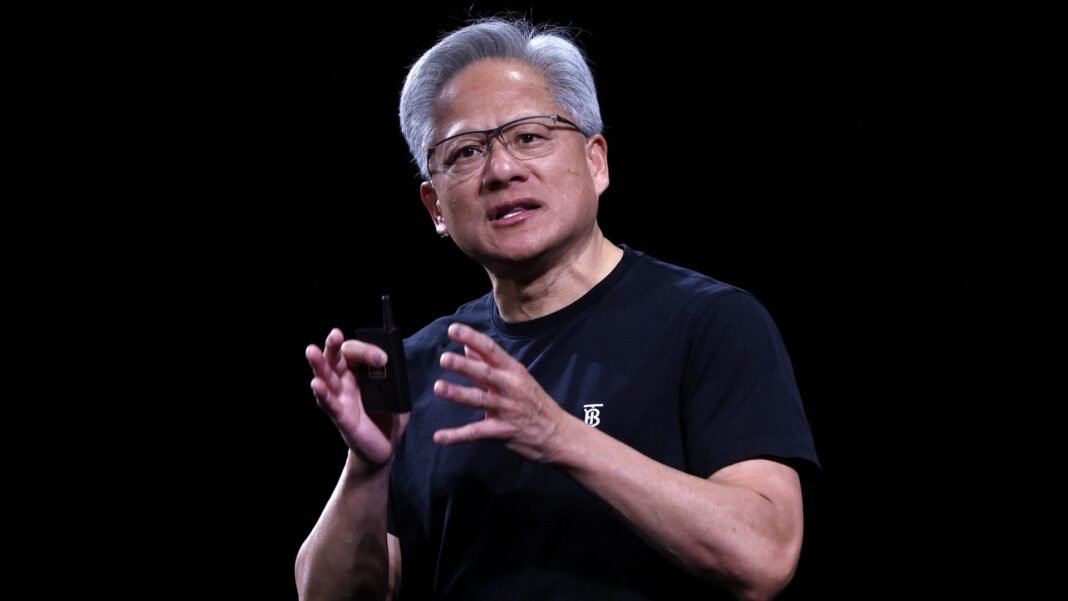23andMe’s Future Reinvented Through Nonprofit Takeover Amid Privacy and legal Challenges
From Cybersecurity Breach too Financial crisis
In 2023,23andMe faced a significant cyberattack that triggered a costly legal settlement and ultimately led the company to seek bankruptcy protection by march 2025. Following these upheavals, Anne Wojcicki, the co-founder and former CEO, resigned from her leadership position to spearhead an independent acquisition effort through a nonprofit institution she established.
A Surprising Turn in the Acquisition Battle
The initial frontrunner in acquiring 23andMe was pharmaceutical leader Regeneron with a bid of $256 million. However, in June 2025, Wojcicki’s nonprofit group-TTAM Research Institute (an acronym for “Twenty-Three And Me”)-reentered the competition with an increased offer of $305 million. Regeneron chose not to raise their bid further, allowing TTAM Research Institute to secure ownership rights.
Prioritizing user Data Rights and Clarity
The TTAM Research Institute has committed to notifying customers at least two business days before finalizing the transaction. It promises strict adherence to existing privacy policies that allow users full control over their genetic information-including options for data deletion or opting out of research participation entirely. Furthermore, within three months after closing the deal, TTAM intends to form a Consumer Privacy Advisory board dedicated exclusively to protecting user interests.
“Our goal remains clear: empowering individuals globally with access to their genetic insights while ensuring they retain complete authority over their personal data,” emphasized Wojcicki.
Legal Hurdles and Public Trust Issues
The acquisition awaits approval from bankruptcy courts but faces resistance from legal authorities such as a coalition of 28 state attorneys general led by New York’s attorney general. They argue that transferring millions of sensitive genetic records without explicit user consent infringes on privacy rights.
A court-appointed privacy ombudsman has also raised doubts about whether current agreements permit such sales involving personal genomic data assets.
User Concerns Amid Bankruptcy Proceedings
Consumer trust appears fragile; recent reports indicate nearly 15% of customers have requested removal of their genetic profiles since bankruptcy was declared-a clear sign of growing unease regarding data security under new management.
navigating Genetic Data Stewardship in Today’s Landscape
This transition underscores wider challenges confronting companies managing sensitive health information amid escalating cybersecurity threats and tightening regulations worldwide. As an example, last year another biotech firm suffered breaches impacting millions globally-prompting enhanced industry standards focused on consumer consent mechanisms across multiple jurisdictions.
- Transparency: Guaranteeing users receive comprehensive information about how their DNA is utilized remains essential.
- User Empowerment: Offering simple methods for opting out or deleting personal data fosters long-term confidence among consumers.
- Regulatory Compliance: Staying abreast of evolving international laws governing genomic privacy demands continuous diligence from organizations handling such data.
A Potential Shift Toward Ethical Genomic Services?
If judicial approval is granted despite ongoing litigation challenges, stewardship under TTAM Research Institute coudl signal a move away from profit-centric models toward ethical governance in direct-to-consumer genetics services-potentially establishing new benchmarks balancing innovation with individual rights protection within genomics research and ancestry exploration alike.





